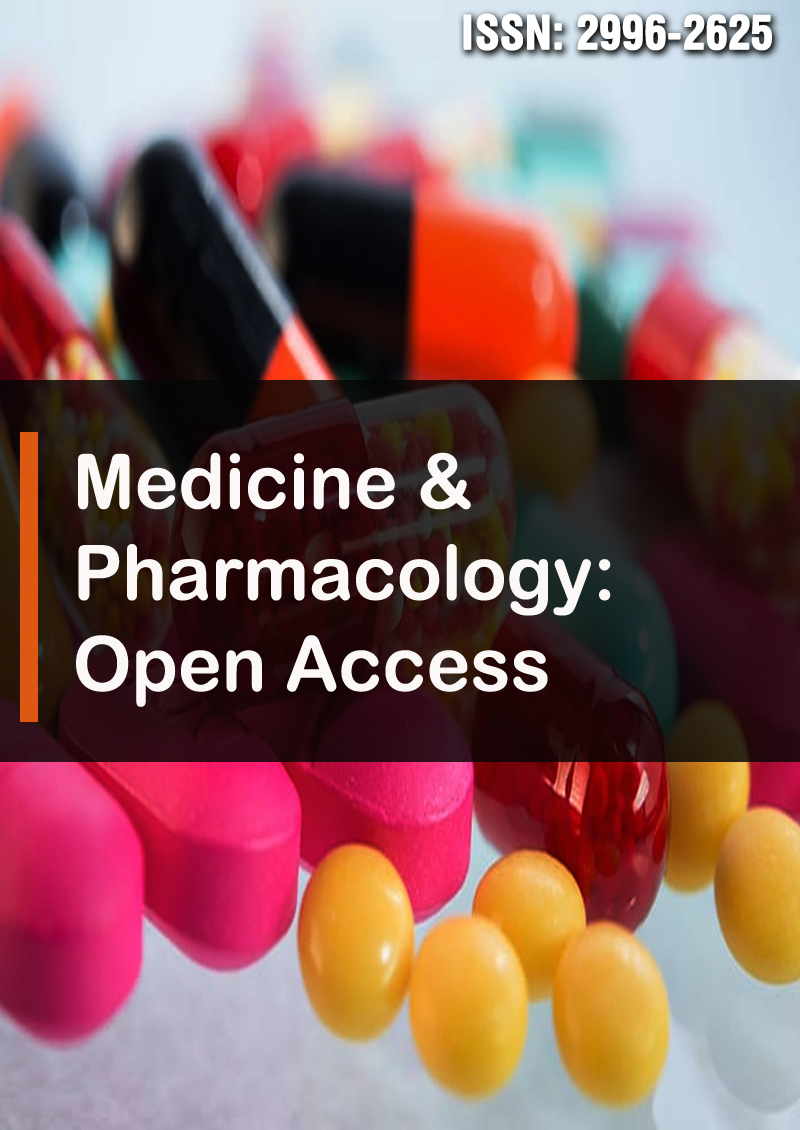A Review of the Research on the Mechanism of Egcg Targeting Foxo3 to Inhibit the Expression of Bnip3 and Lc3 and Alleviate Autophagy to Inhibit Colon Cancer
Abstract
Liang Minghui, Song Wei and Sreemoy Kanti Das
Colon cancer is a common malignant tumor, and its pathogenesis is complex and changeable. Studies have shown the potential therapeutic effect of epigallocatechin gallate (EGCG) on colon cancer, especially its inhibition of Bnip3 and LC3 expression by targeting the Foxo3 transcription factor, thereby mitigating the effect of autophagy inhibition on colon cancer cells. Autophagy is aberrantly activated in colon cancer and is associated with tumor growth and drug resistance. As a green tea extract with antitumor, antioxidant and anti-inflammatory functions, EGCG can regulate the expression of autophagy-related proteins and affect the growth and metastasis of cancer cells. Studies at home and abroad have shown that EGCG regulates autophagy by inhibiting Foxo3 activity, and has potential anti-tumor activity against colon cancer. However, the mechanism of action of EGCG in vivo is not well understood, and future studies need to further explore its role in animal models and clinical samples, as well as its effects on tumor cell metabolism, apoptosis, proliferation and metastasis, in order to provide a new strategy for the treatment of colon cancer.



